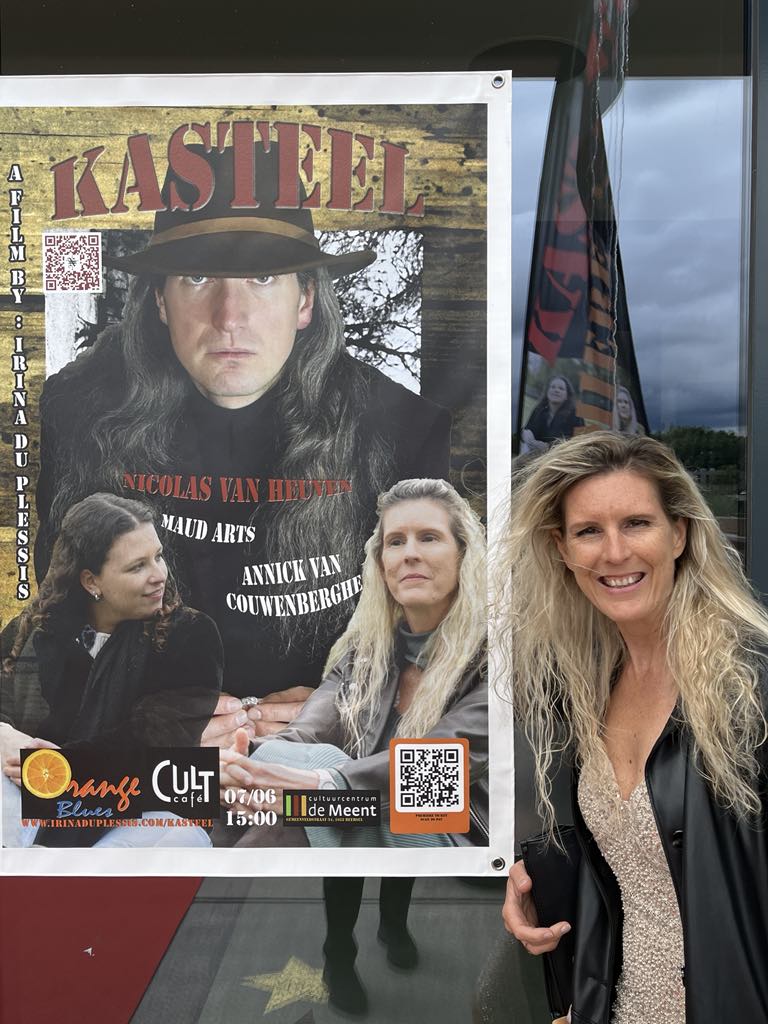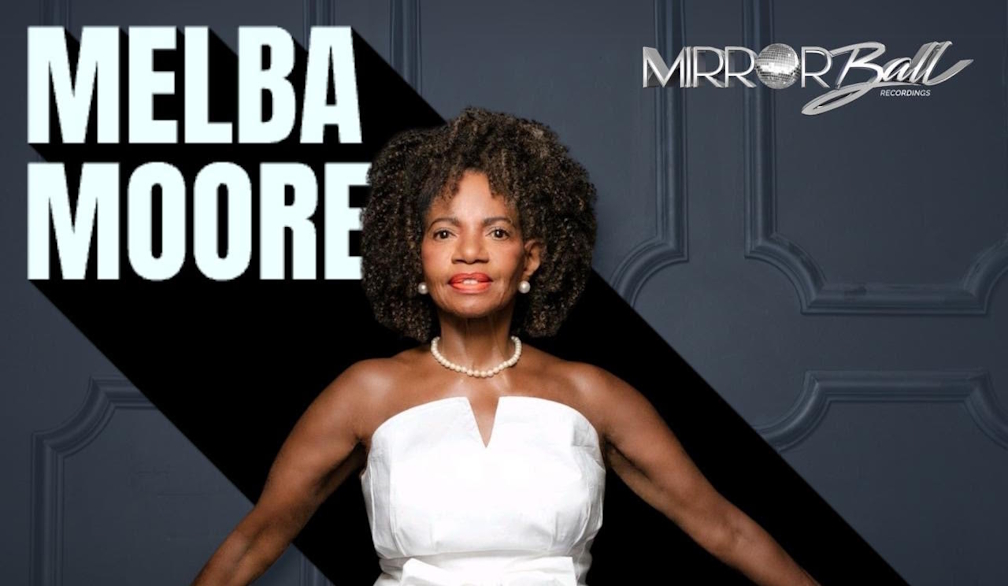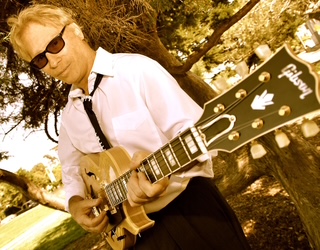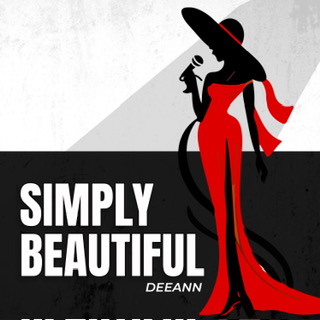Jesse “JT Jazz” Thompson on Changes In The Music Industry

The music production industry has seen significant changes and adaptations over the past 2-3 years, particularly influenced by the rise of music streaming platforms (MSPs). These platforms have brought about a shift in the way music is both created and consumed, leading to debates and criticisms within the industry.
Concerns have been raised about the perceived prioritization of utilitarian functions over artistic and aesthetic values in music, as well as the impact of shorter songs on traditional album formats. Critics also argue that while streaming offers opportunities for discovery, success often hinges on conforming to mainstream preferences rather than promoting diverse or unconventional music.
In response to these changes, the music industry has been adjusting its practices and strategies to align with the demands of the streaming-first landscape. Artists and labels are increasingly focusing on creating music that caters to the preferences of streaming audiences, with an emphasis on shorter songs and catchy hooks. The industry is also integrating data analytics and recommendation engines into the production process, using insights to inform decision-making and enhance music consumption experiences.
Moreover, promotional efforts have shifted towards social media and direct engagement with fans, rendering traditional marketing methods less effective. Major record labels are actively seeking playlist placements as a key avenue for discovering new talent, emphasizing the importance of tailored submissions to secure visibility and success in the streaming era.
Academic research, such as David Hesmondhalgh's "Streaming's Effects on Music Culture: Old Anxieties and New Simplifications" and Kiberg's "(Plat)formatted Creativity: Creating Music in the Age of Streaming," underscores the profound impact of streaming platforms on music culture and the music production industry. These studies highlight the ongoing debates, challenges, and transformations catalyzed by the proliferation of streaming services, shedding light on the complex interplay between technology, creativity, and commercial imperatives in the digital age.

About Jesse Thompson
Jesse”JTJazz” Thompson, multi-talented composer, pianist and keyboardist, born in “The Land Of Funk” (Dayton, Ohio) attributes his humble beginnings in music to being captivated by a family of musicians: a father who was a professional drummer, Thompson’s mother—a church organist/pianist and his brother Marvyn Wheatley (who recorded and played with Parliament and Slave). Industry influences were soul/funk legends The Ohio Players, Lakeside and Zapp featuring Roger Troutman.
Driven to continue the legacy of great musicianship, Thompson became a member of the popular Columbus-based, R&B/Jazz group NexLevel for several years. The collectives released two albums, a string of singles, and shared stages with countless notable artists.
In 2021, the impact of the global pandemic deeply inspired Thompson to write and release the up-tempo, feel-good melody, “Weekend Groove,” ft Althea Rene which catapulted the musician into solo-artist status. The well-received track has garnered close to 200K Spotify streams to date.
FB: facebook.com/jtjazz
IG: @jtjazz
X: @jtjazz
Website: jtjazz.com




















